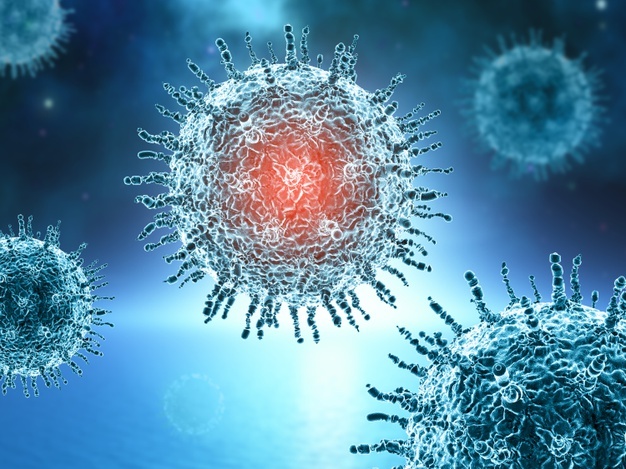A study has found that COVID-19 infects insulin-producing cells in the pancreas, causing the development of diabetes.
Over the course of the pandemic, it has become quite clear that SARS-CoV-2 can lead to a wide array of complications in people. More so in people with chronic conditions such as diabetes, hypertension, or cardiac diseases. But earlier this year, a new discovery came to light; a study in the New England Journal of Medicine found evidence of COVID-19 triggering new-onset diabetes in people. However, the revelation puzzled scientists across the world. Some suspect that the inflammation caused by COVID-19 might play a role in causing the condition. However, a recent study by Professor Shuibing Chen and his team sheds new light on the link between COVID-19 and diabetes.
In the annual meeting of the European Association for the Study of Diabetes, Professor Chen presented the results of his study. He, along with his team, has been conducting research on the effects of SARS-CoV-2 by studying lab-grown organoids. Although most people assume COVID-19 as primarily a respiratory disease, the research has shown that the virus can also infect colon, liver, heart, brain, and pancreatic cells.
What Happens to the Cells?
In an interview with The Guardian, Professor Chen stated that the SARS-CoV-2 virus can infect the beta (β) cells present in the pancreas, altering their function. He called this process transdifferentiation. Normally, β-cells produce insulin that helps decrease blood glucose levels. However, COVID-19 infects these cells and cause them to produce less insulin. Moreover, the body’s immune system may also attack the cells, killing them off. As a result, the person may develop diabetes.
They are basically changing their cellular fate, so instead of being hardcore beta cells which secrete a lot of insulin, they start to mix different hormones. It could provide further insight into the pathological mechanisms of COVID-19.
Professor Shuibing Chen, study author
However, it is unclear how long-lasting the effects are. According to Professor Chen, the effects are not permanent. He reported that some of the COVID patients managed to regain their glucose control once they recovered from the infection.
The study offers new insight into the development of diabetes in COVID-19 infected individuals. However, further research is required for finding ways to effectively treat and manage such people.
Reference:
Yang, Liuliu, et al. “A Human Pluripotent Stem Cell-Based Platform to Study SARS-COV-2 Tropism and Model Virus Infection in Human Cells and Organoids.” Cell Stem Cell, vol. 27, no. 1, 2020, doi:10.1016/j.stem.2020.06.015.




